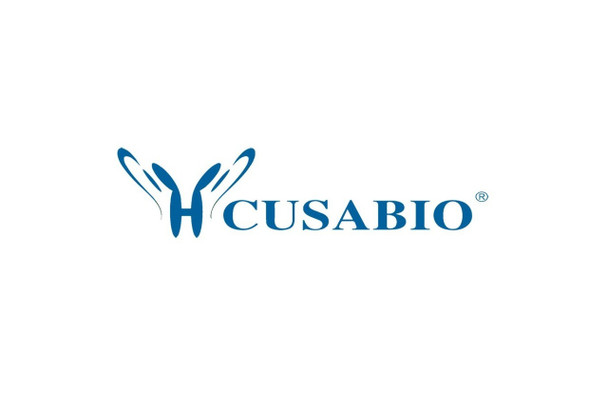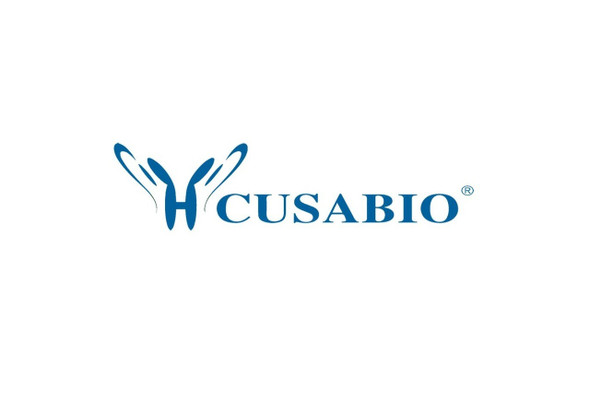Cusabio Polyclonal Antibodies
ADPRHL2 Antibody | CSB-PA522867
- SKU:
- CSB-PA522867
- Availability:
- 3 to 7 Working Days
Description
ADPRHL2 Antibody | CSB-PA522867 | Cusabio
ADPRHL2 Antibody is Available at Gentaur Genprice with the fastest delivery.
Online Order Payment is possible or send quotation to info@gentaur.com.
Product Type: Polyclonal Antibody
Target Names: ADPRHL2
Aliases: ADP-ribosylhydrolase like 2
Background: This gene encodes a member of the ADP-ribosylglycohydrolase family. The encoded enzyme catalyzes the removal of ADP-ribose from ADP-ribosylated proteins. This enzyme localizes to the mitochondria, in addition to the nucleus and cytoplasm. Poly (ADP-ribose) synthesized after DNA damage is only present transiently and is rapidly degraded by poly (ADP-ribose) glycohydrolase. Poly (ADP-ribose) metabolism may be required for maintenance of the normal function of neuronal cells. Generates ADP-ribose from poly- (ADP-ribose), but does not hydrolyze ADP-ribose-arginine, -cysteine, -diphthamide, or -asparagine bonds. Due to catalytic inactivity of PARG mitochondrial isoforms, ARH3 is the only PAR hydrolyzing enzyme in mitochondria.
Isotype: IgG
Conjugate: Non-conjugated
Clonality: Polyclonal
Uniport ID: Q9NX46
Host Species: Rabbit
Species Reactivity: Human, Mouse
Immunogen: Synthetic peptide of human ADPRHL2
Immunogen Species: Human
Applications: ELISA, WB
Tested Applications: ELISA, WB;ELISA:1:1000-1:2000, WB:1:200-1:1000
Purification Method: Antigen affinity purification
Dilution Ratio1: ELISA:1:1000-1:2000
Dilution Ratio2: WB:1:200-1:1000
Dilution Ratio3:
Dilution Ratio4:
Dilution Ratio5:
Dilution Ratio6:
Buffer: -20°C, pH7.4 PBS, 0.05% NaN3, 40% Glycerol
Form: Liquid
Storage: Upon receipt, store at -20°C or -80°C. Avoid repeated freeze.
Initial Research Areas: Epigenetics and Nuclear Signaling
Research Areas: Epigenetics & Nuclear Signaling









